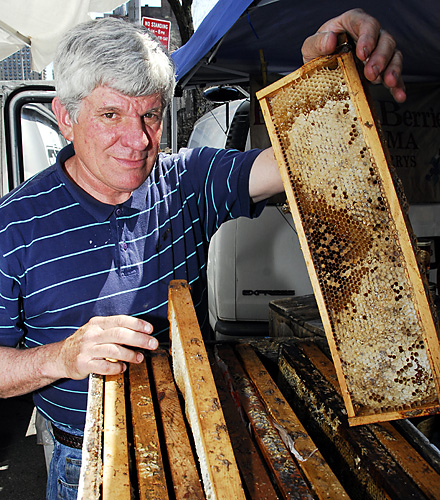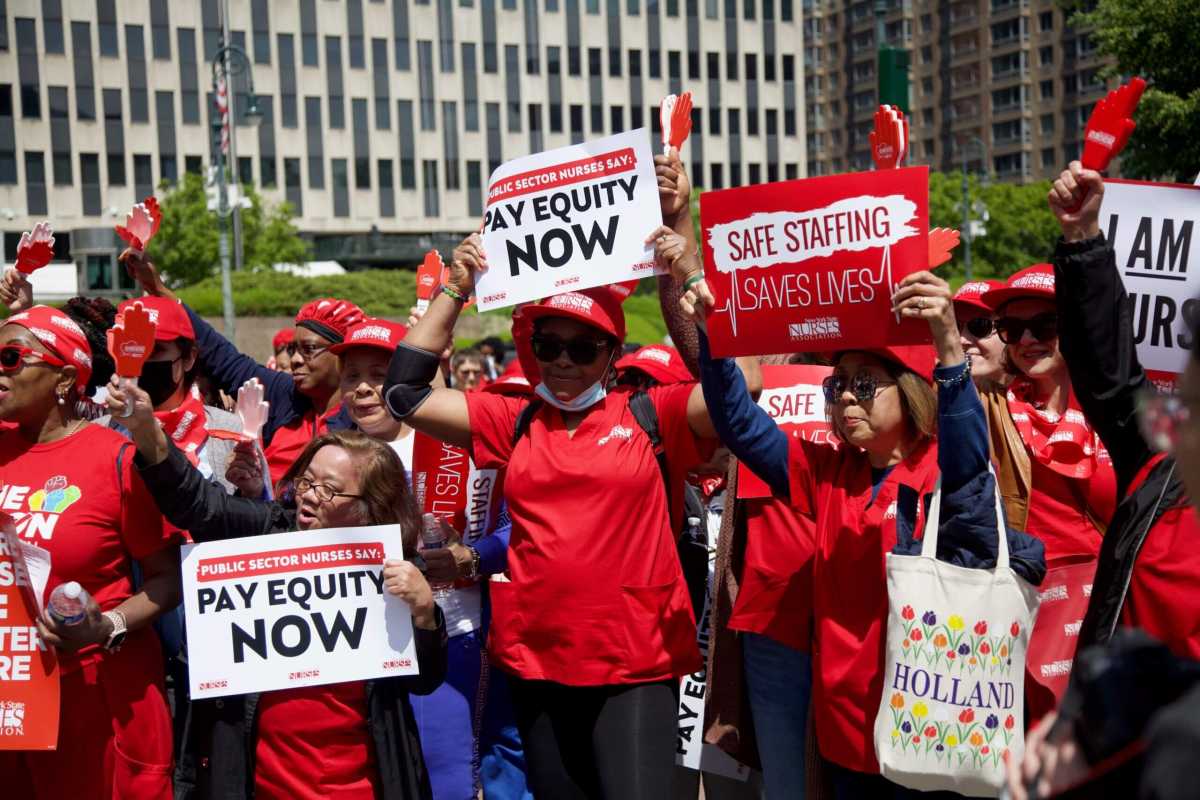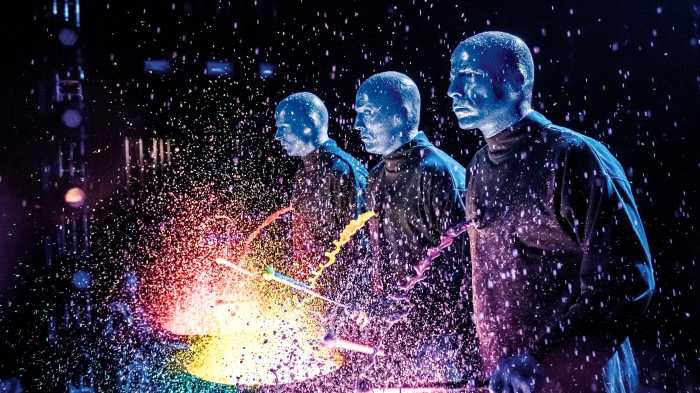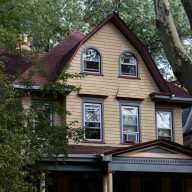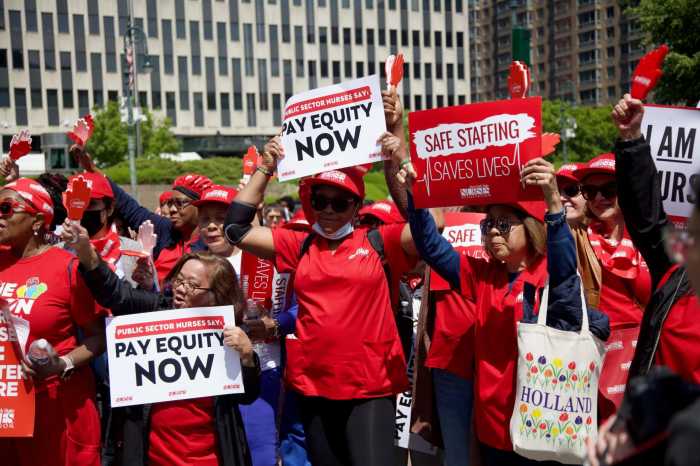Talk about a buzz-ness opportunity!
A just-introduced City Council bill would decriminalize beekeeping, finally giving the borough’s underground beekeeping community (what, you didn’t know there was one?) a chance to legally harvest their honey and turn it into some real money.
Councilman David Yassky (D–Brooklyn Heights) says legalized beekeeping would “stimulate just the kind of niche manufacturing sectors that will be critical to an economic turnaround.”
That push has created quite a buzz among beekeepers (and earned the councilman the nickname “Yassky the Pooh”).
“This is great — there’s a lot of surreptitious beekeepers who will be very glad to have a law rescinding the bee ban,” said Fort Greene beekeeper John Howe. “Right now, we’re clandestine. If we can be free, more people will keep bees, and we’ll be able to operate openly.”
Apiary aficionados — who number about two dozen in the borough, insiders say — say that legalizing beekeeping will also allow Brooklynites to enjoy local honey and perhaps learn about the insects, who don’t sting or swarm if they are not provoked, beekeepers insist.
“Honeybees are quite predictable, docile, and beneficial,” said beekeeper David Graves, who maintains rooftop hives in Carroll Gardens. “They are very misunderstood.”
But Yassky says he gets it — and said he’s proud to wear the monicker of a honey-grubbing politician.
“Right now, we have the worst of both worlds because lots of people do it but there’s no regulation that makes sure people know what they’re doing,” Yassky said. “It just makes sense for the industry to be legalized and licensed.”
The proposal would remove bees from a list of “wild animals” that are currently illegal to possess, own, harbor and sell, and instate a licensing policy requiring prospective beekeepers to outline why they want bees, where they plan to place hives, and how they intend to keep the public safe.
Safely maintaining hives is a serious undertaking according to the borough’s beekeepers, who have long sought shelter on seldom-used roofs owned by sympathetic Brooklynites, and bribed unhappy neighbors with jars of honey. Most Brooklynites won’t notice the hives even if beekeeping is decriminalized.
“It’s not like there will be swarms of bees flying down the sidewalk,” said Howe. “They are pretty inconspicuous.”


